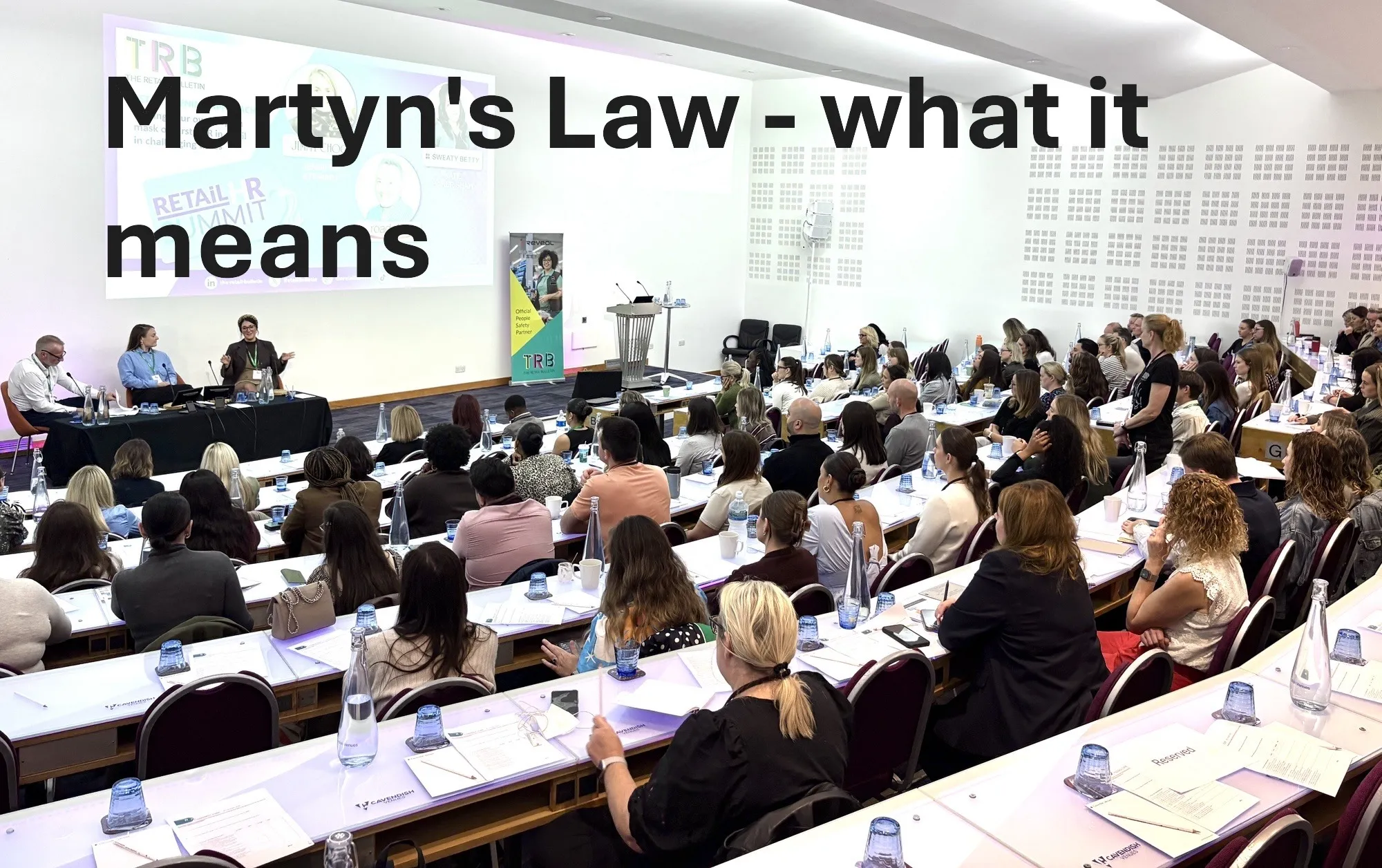
For 30 years Cavendish Venues has operated conference venues in Central London.
The law is named after Martyn Hett, one of 22 people killed in the Manchester Arena attack in 2017.
The act officially received Royal Assent on April 3, 2025. The government has set an implementation period of about 24 months to give businesses and venues time to understand and meet the new legal requirements.This law will be applicable across England, Wales, Scotland, and Northern Ireland.
Why Is Martyn's Law Important?
Martyn's Law is the first time the UK has set out clear,official guidelines for venues to improve protective security and preparedness.The law aims to help venues meet all the requirements to make events safer forthe public. It provides a clear framework that helps standardise event security and ensures that no critical areas are overlooked.
Having a clear plan also helps staff feel more confident intheir ability to respond during an actual emergency, as learned behaviour increases self-assurance.
Which Venues Does Martyn’s Law Apply To?
Martyn's Law applies to premises and events that arepublicly accessible for the event. The law covers a range of locations, including retail spaces, event venues, and entertainment venues. However, certain locations with existing security frameworks or open-access areas without ticket restrictions may be excluded.
Venues and events fall into different tiers based on their capacity:
- Standard Tier: Venues with a capacity between 100 and 799 people. This is the tier that Cavendish Venues fall into.
- Enhanced Tier: Larger events and venues with a capacity of 800 or more people.
- Temporary Events: This includes temporary events like festivals that have a capacity of over 800 people and require permission to enter.
The person responsible for implementing the safety measures is "the person who has control of the premises at which the event will beheld for the event". For a concert in a public park, the organising company is responsible, whereas at a stately home, the responsibility falls on the estate’s controllers.
How Martyn’s Law Works
Martyn’s Law requires venues to take "necessary but proportionate" steps to lessen the impact of a terror attack. The specific measures are determined by the venue's capacity tier.
Standard Tier
The standard tier requires low-cost, practical measures to improve preparedness. This could include sharing information, providing extrastaff training, and creating a preparedness plan. Examples of these measures are locking doors to slow an attacker's progress or providing enhanced first-aid training to staff so they can help before emergency services arrive.The law is designed to protect people, not to penalise businesses that may not have the budget or infrastructure to meet the requirements.
Enhanced Tier
Venues in the enhanced tier have additional requirements due to the potential for more serious consequences in a larger crowd. These measures include:
- for the Taking "reasonably practicable" actions to reduce the risk and physical harm of a terrorist attack.
- Maintaining and updating an assessed security document.
- Designating a senior staff member to oversee security.
What Does This Mean for the Events Industry?
Martyn's Law is a welcome addition to event safety and will significantly change how the industry operates. Here are some key takeaways and tips to help you prepare:
1. Invest in More Training. Martyn’s Law legally requires security training for staff. Venues and event organisers should take this as an opportunity to invest in creating preparedness plans, offering first-aid training, and providing in-depth security training for all staff. Involving all levels of the organisation in the process will build confidence and ensure everyone knows how to react in a dangerous situation. Regularly repeating this training is crucial to make sure staff remember what to do and are updated on any changes.
2. Improve Your Security Culture The law aims to help venues and organisers improve their overall security culture.
- Conduct Regular Risk Assessments: Risk assessments help you predict, prepare for, and counter risks at your venue. Reviewing them regularly—at least once a year—ensures they are up-to-date and that everyone is aware of the relevant information.
- Create Scalable Security Plans: Security plans are a key part of the law and should be scalable to match the UK threat level. You can tweak and perfect these plans with government support in the future.
- Build Relationships with Other Businesses: Event security is a collective responsibility. By building relationships with neighbouring businesses, you can share knowledge, gain a better understanding of different security practices, and work together more effectively in an emergency.
- Encourage Staff to Ask Questions: Fostering an environment where staff feel comfortable asking questions builds their confidence and ensures they understand the security plans.
3. Connect with Resources You don’t have to do this alone. Resources are available to help you prepare for and comply with Martyn's Law. ProtectUK is an excellent resource, offering free online courses, news, and guidance on counter-terrorism and security.
The Future of Security
As a legal mandate, Martyn's Law will bring more guidance and support to help businesses comply with the new rules. While there will be consequences, such as fines, for non-compliance, the law is intended to be a useful benchmark for businesses to implement valuable security changes and help everyone stay safe.
Cavendish Venues, London conference venues. If you would like further details, please get in touch on 0207 706 7700 or enquiries@cavendishvenues.com.
.svg)
.svg)
.svg)
.svg)
.svg)

.png)

.png)